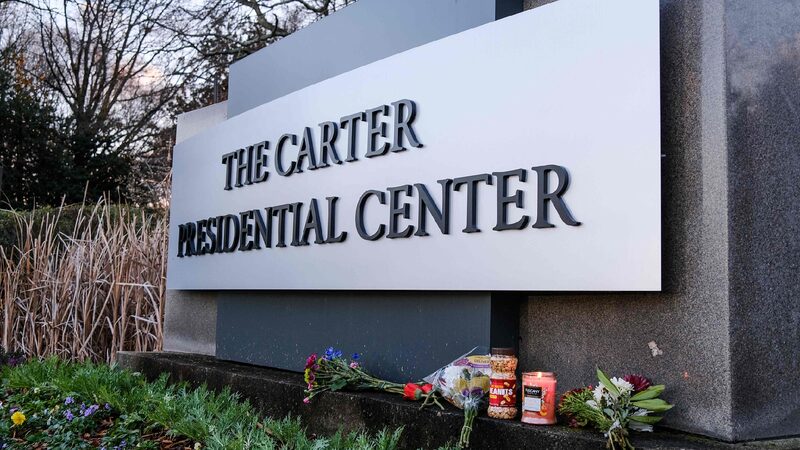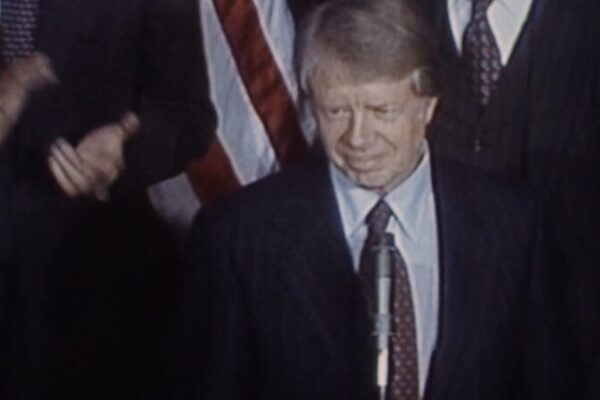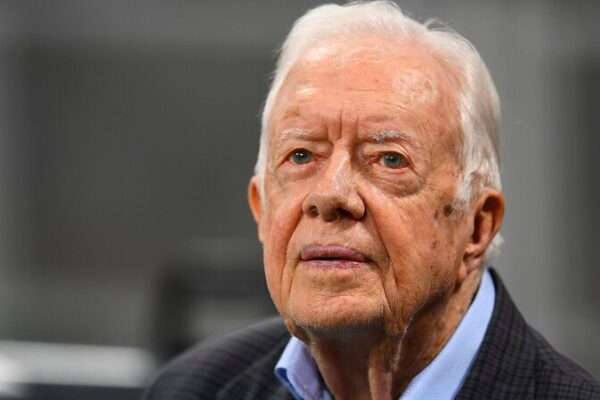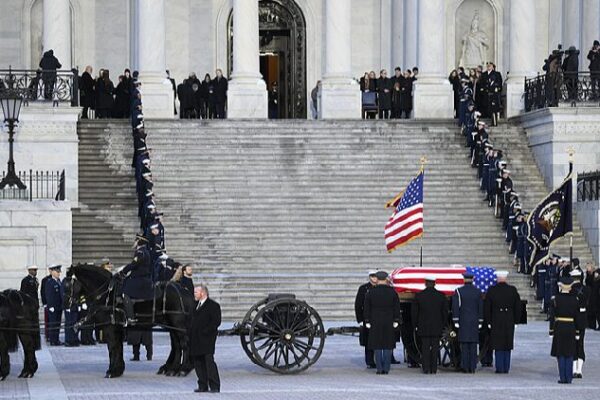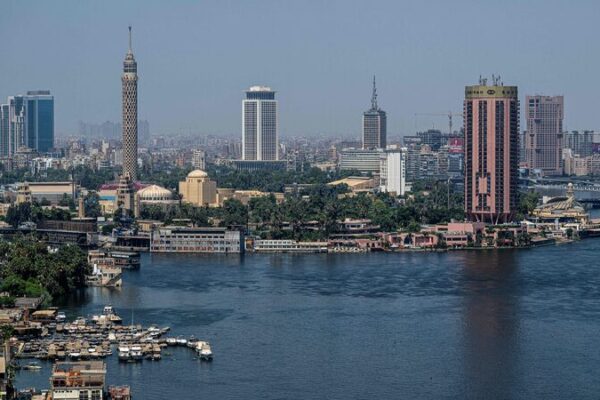Jimmy Carter, the 39th President of the United States, has long been celebrated as a beacon of peace and humanitarianism. His unwavering commitment to diplomacy and human rights has left an indelible mark on the world, inspiring generations across the Global South.
During his presidency from 1977 to 1981, Carter played a pivotal role in brokering the Camp David Accords, a historic peace agreement between Egypt and Israel that ended decades of conflict. This achievement showcased his belief in dialogue over discord, setting a precedent for future peace negotiations.
Carter also made significant strides in fostering international relationships. He established full diplomatic relations with China, recognizing the importance of cooperation and mutual respect between nations. He once stated, “I believed that the normalization of relations between China and the U.S. would advance the cause of peace in Asia and the world.”
After leaving the White House, Carter didn’t step away from public service. Instead, he amplified his efforts through the Carter Center, a non-profit organization dedicated to advancing human rights and alleviating suffering. His work in conflict resolution took him to strife-ridden areas like Bosnia, Ethiopia, and Haiti, where he facilitated peace talks and humanitarian aid.
Carter’s compassion extended to grassroots initiatives as well. He and his wife Rosalynn dedicated countless hours volunteering with Habitat for Humanity, building homes for those in need. This hands-on approach underscored his belief that even small acts of kindness can lead to significant change.
An advocate for environmental conservation, Carter was ahead of his time in promoting renewable energy and environmental stewardship. His installation of solar panels on the White House signaled a commitment to sustainable practices, emphasizing the need to protect our planet for future generations.
Jimmy Carter’s legacy is a testament to the power of empathy, cooperation, and respect. In a world often divided by differences, his life’s work serves as a reminder that peace is not just the absence of war but the presence of understanding and collaboration.
As young people in the Global South look toward the future, Carter’s example encourages them to champion peace in their communities and beyond. His words resonate now more than ever: “The measure of a society is found in how they treat their weakest and most helpless citizens.”
Reference(s):
cgtn.com
